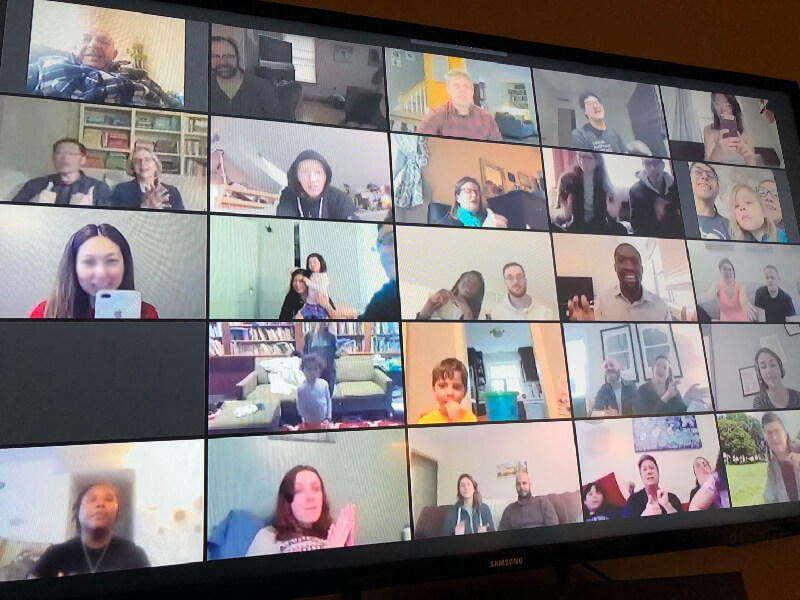A group of congressional representatives introduced legislation on Friday that seeks to promote LGBT rights while preserving religious liberty.
The Fairness for All Act, unlike the Equality Act that passed the House on Thursday, strengthens accommodations for religious organizations even as it expands civil rights protections for LGBT people. U.S. Rep. Chris Stewart, R-Utah introduced an identical bill in 2019 to prohibit discrimination on the basis of sexual orientation or gender identity while providing that religious employers, foster care and adoption agencies, and religious schools may operate in accordance with Biblical beliefs on sexuality and marriage. His 2021 version has garnered 20 other Republican co-sponsors.
Under the Equality Act, LGBT rights would trump the protection provided by the Religious Freedom Restoration Act (RFRA), a 1993 law that requires the federal government to show a compelling interest and use the least restrictive means when encroaching on religious liberty. Fairness for All would preserve RFRA.
The Council for Christian Colleges & Universities, which represents more than 150 schools in the United States and Canada, released a statement in support of the legislation’s reintroduction on Friday: “The bill is both principled and pragmatic—it is principled in providing a clear and demonstrable way for people of faith to ‘love our neighbor’ in the civic context, and pragmatic in that the bill makes explicit many religious protections that are important to a rich and vibrant civil society.” The National Association of Evangelicals and the Latter-day Saints also supported the Fairness for All Act in 2019.
But other Christian leaders—including Focus on the Family President Jim Daly and Southern Baptist Convention leaders Russell Moore and Albert Mohler—opposed the legislation when it was introduced in 2019. Mohler is a WORLD board member.
Ryan T. Anderson, president of the Ethics and Public Policy Center, told the Deseret News earlier this month that Fairness for All fails to address concerns about privacy, athletic competition, and medicine. Anderson, author of a book on transgenderism that Amazon recently delisted, was likely alluding to the push to include men who identify as female in women’s sports and the lack of protections for medical professionals who object to prescribing or performing treatments that alter physical sex characteristics.
The Human Rights Campaign spearheaded a coalition of LGBT advocacy organizations that rejected the proposed compromise in 2019 and called it “deeply dangerous.”
“LGBTQ people deserve full federal equality—nothing more and nothing less,” the coalition said. It referred to religious liberty protections in the Fairness for All bill as “massive loopholes and carve-outs”—demonstrating that a nuanced approach to the conflict may not be possible.
Stewart still hopes the legislation may offer a basis for unity. “I don’t think [the Equality Act] will pass in the Senate and that opens up the opportunity for Fairness for All,” Stewart told CBN News. “There’s some of our Democratic colleagues who are going to join us on that, and once they see that they’re not going to force this on the Senate, that opens the door to look at an alternative.”














